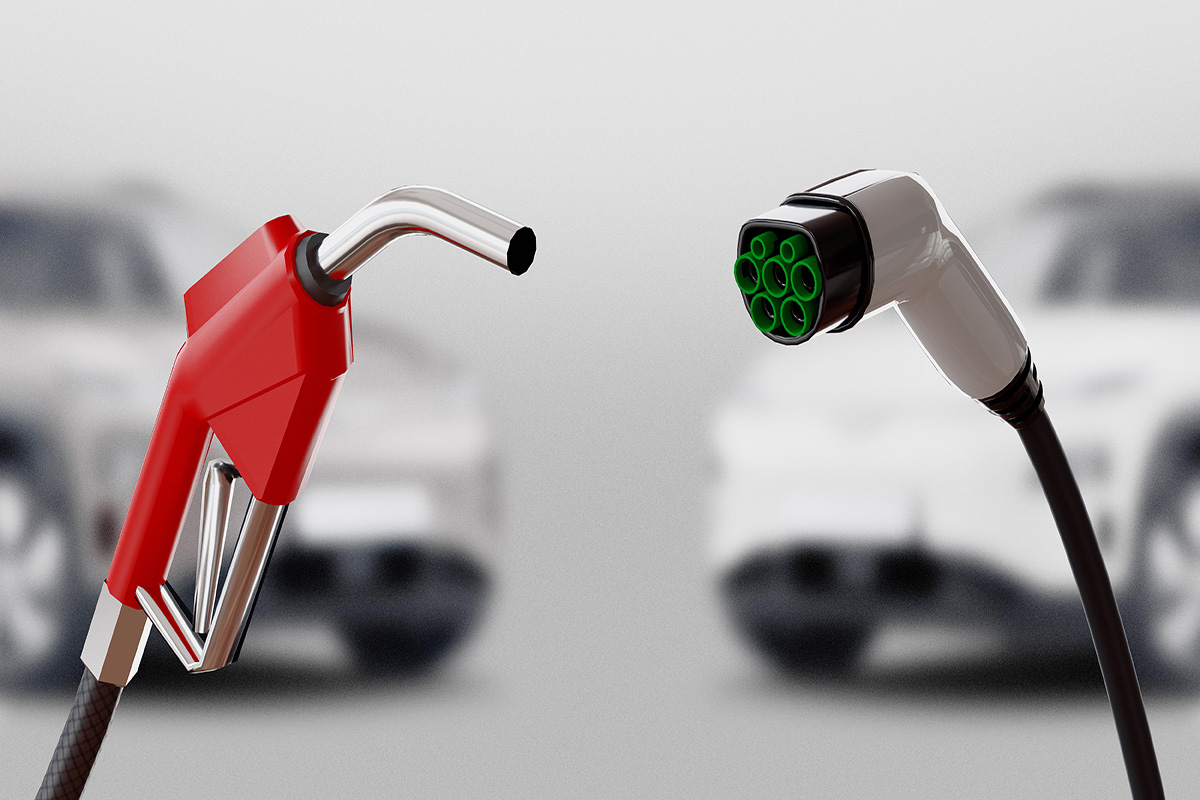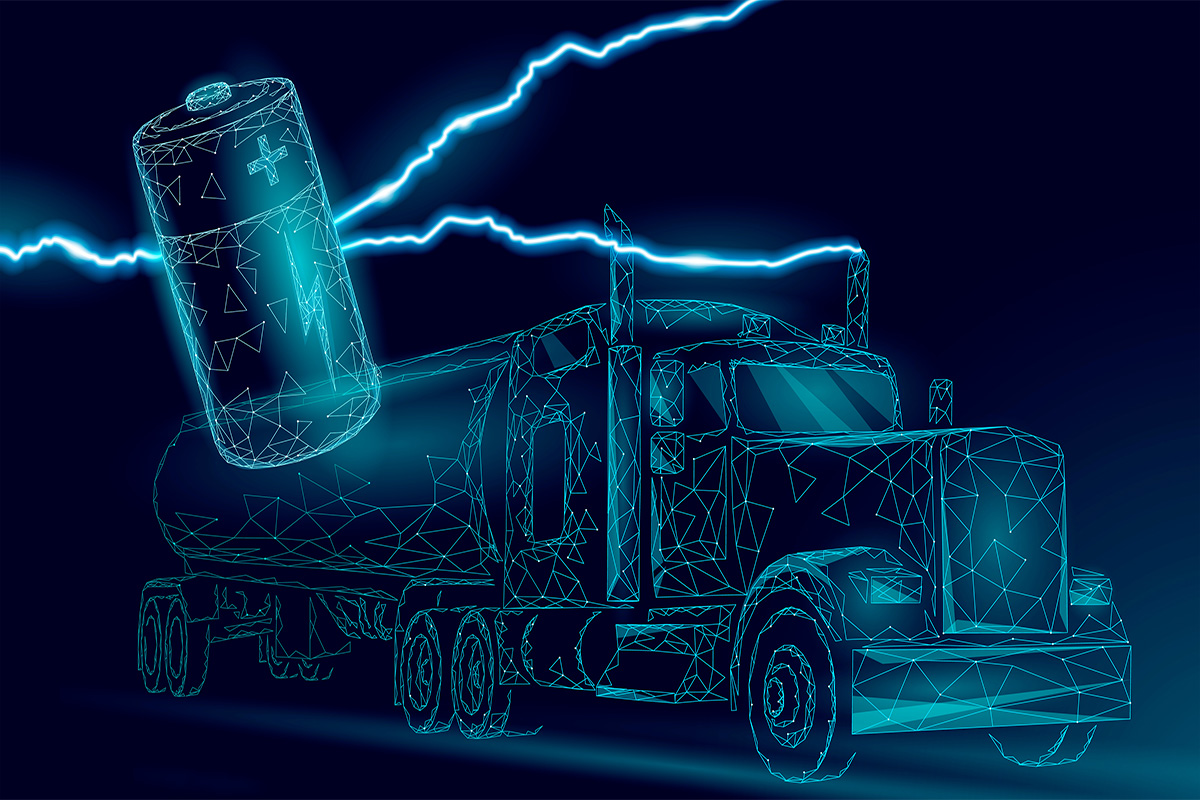December 11, 2022
Diesel vs. Electric: The Better Power for Trucking
How humans and goods are moved has changed since the time of the horse-drawn wagon. From dirt roads came highways, and vehicles started evolving to accommodate. Semi-trucks used to be powered by diesel primarily. Still, changing times and the search for cleaner energy have thrown the electric semi-truck into the mix, with debates arising over the better power for trucking, the old and true diesel, or the hot new electric.
Pros of Diesel as Better Power for Trucking
The choice of semi-truck power for truckers used to be nothing but diesel. The vibrations through your fingers on the wheel can only be felt by an engine powered by the same fuel that powers boats and trains. Diesel engines are more powerful than gas and are needed for semi-trucks to pull the heavy loads they carry. When compared to gas, diesel is the more efficient choice, but electric power is increasing in popularity, so how does it compare? For many truckers, the job wouldn’t be the same without the power of diesel, and switching to something different might be too much. Although electric-powered everything might not be a reality anytime soon, it will continue to grow over the next 12 years. Diesel engines won’t be retiring soon but keep an eye out for more and more electric-powered semi-trucks.
Cons of Diesel as Better Power for Trucking
Diesel gas is more effective in many aspects for large vehicles and those pulling heavy loads when compared to regular gas. Truckers will probably always prefer it, but what setbacks does the power of diesel have? The manufacturing of diesel fuel has improved over the years to be more environmentally friendly by reducing the amount of sulfur in formulas. Eliminating percentages of sulfur from the atmosphere is a step in the right direction. However, diesel gas is still made from fossil fuels, which are becoming dangerous for the planet’s well-being. Formulas for gases continue to be changed to support the earth, but will it be enough to curb the curiosities electric power has to offer? Another aspect of diesel fuel added to the cons section is its price. The pressures of rising gas prices have many wondering whether the business can go on as usual. Truckers arriving at gas stations to fuel up are greeted with outrageous prices, higher than they have seen in a long time. As December moseys along, gas prices are taking a slight dip for now. There are other ways to save on gas, which might come in handy until prices are reasonable.
Pros of Electric as Better Power for Trucking
Diesel has always been considered the norm for trucking, but the push for electricity continues with many reasons why electric trucking might be a good choice. More options for those willing to go electric are becoming available, with companies providing electric opportunities for trucks, with even a Tesla semi-truck spotted on the highways. Many truckers will stay true to diesel as long as it continues to pump through stations, but environmental constraints are forcing changes on diesel and searching for alternative energy sources. A greener future is on the agenda as the environment is beginning to feel the adverse effects of greenhouse emissions. Electric-powered vehicles are becoming an option for cleaner fuel use, semi-trucks included.
Cons of Electric as Better Power for Trucking
Even with electric power come inevitable setbacks that are important to know. Just like gas cars and trucks need filling up every so often, electric cars and trucks need charging every so often. Gas stations are found at every corner, but charging stations for electric vehicles are only slowly becoming widely available. Truckers traverse almost the entire US, so the availability of charging stations is essential. Will truck stops make room for electric chargers and create a space where electric and diesel can fuel in harmony? Or will new truck stops appear with solely electric charging stations available? Overloading power grids is what comes into question, with so many more vehicles needing to be charged. One solution to power grid concerns is incorporating hydrogen power as a fuel source and limiting the times charging vehicles is allowed.



